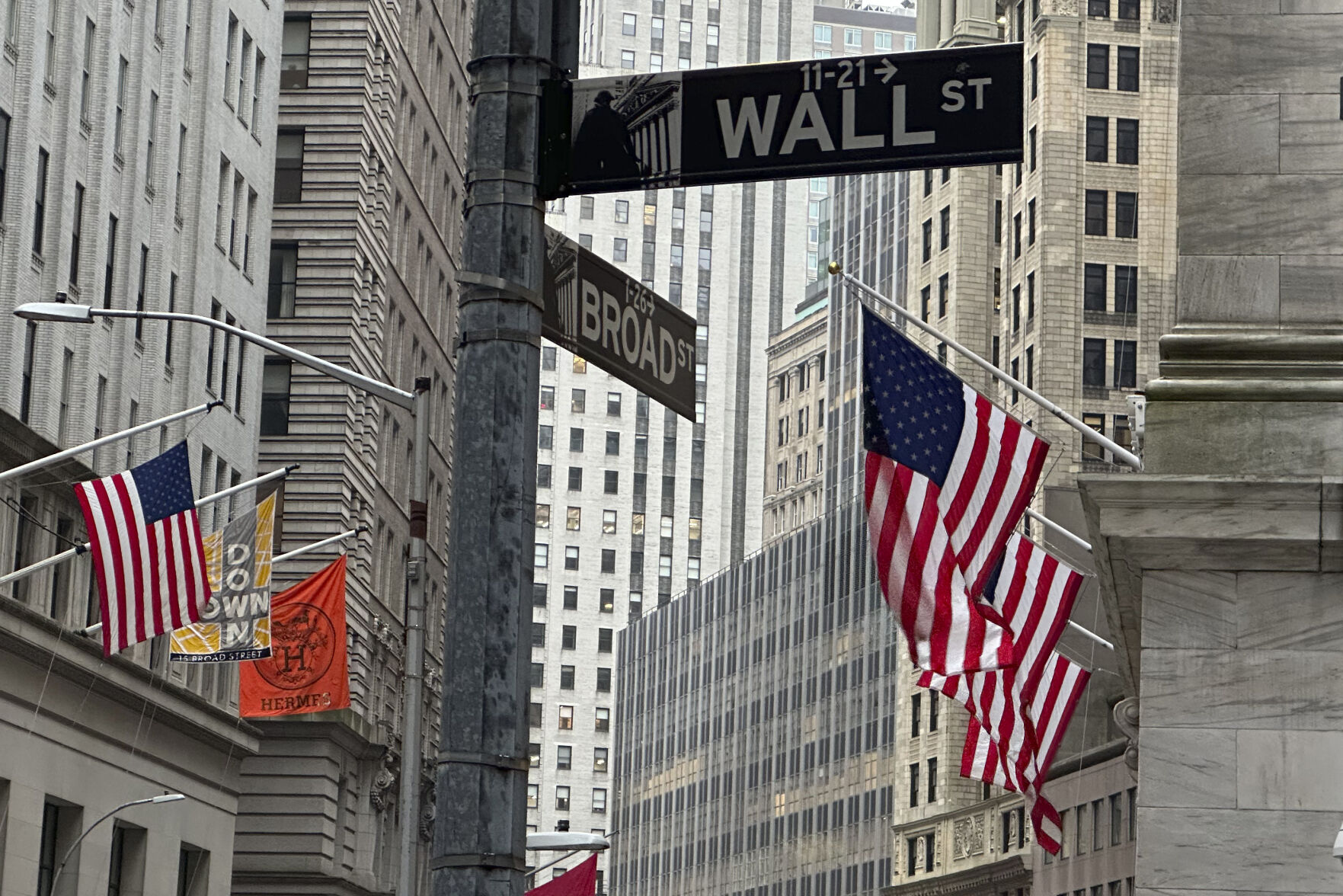Wall Street continued to reel Thursday from a hotter than expected inflation report that sent stocks tumbling a day earlier.
Futures for the S&P 500 and the Dow Jones Industrial Average each fell 0.5% before the bell.
The Federal Reserve has been waiting for more evidence to show inflation is heading sustainably down toward its goal of 2%, but the past three months have shown that prices remain elevated. After an encouraging cooling last year, the fear now is that inflation may be stuck after January’s, February’s and March’s inflation reports all came in hotter than expected, along with data on the economy generally.
On Wall Street, that’s raised fears that the Federal Reserve will hold back on delivering the cuts to interest rates that traders are craving and have been betting on.
High interest rates work to undercut inflation by slowing the economy and hurting investment prices. The fear is that rates left too high for too long can cause a recession.
Traders sharply trimmed bets that the Fed could begin cutting rates in June. At the start of the year, they were forecasting six or more cuts through 2024.
That pessimism pushed bond yields higher, with the yield on the 10-year Treasury stabilizing at 4.55% early Thursday after jumping from 4.36% on Wednesday’s inflation report. The two-year yield, which moves more on expectations for Fed action, remained at 4.97%. It was at 4.74% before the consumer prices data was released.
Coming later Thursday is the government’s report on inflation at the wholesale level, along with the latest data on U.S. layoffs.
In equities trading, CarMax skidded 9.5% after the used car retailer’s fourth-quarter sales and profit failed to meet Wall Street’s expectations. Sales and profit both fell from a year ago as higher interest rates gave car shoppers pause.
Elsewhere, in Europe at midday Germany’s DAX fell 0.7%. The CAC 40 in Paris and the FTSE 100 in London were each down 0.3%.
South Korean shares were little changed after the ruling conservative party suffered a crushing defeat in a parliamentary election. The Kospi edged less than 0.1% higher, to 2,706.96.
China reported its consumer inflation edged 0.1% higher in March, while prices paid by manufacturers, the producer price index, fell 2.8% from a year earlier. The data suggest persisting deflationary pressures due to slack demand as property developers, banks and local governments struggle with high debt levels.
Elsewhere in Asia, Tokyo’s Nikkei 225 lost 0.4% to 39,442.63 and the Hang Seng in Hong Kong edged 0.1% lower, to 17,118.27.
The Shanghai Composite index gained 0.2% to 3,032.01 and the S&P/ASX 200 fell 0.4% to 7,813.60.
Bangkok’s SET lost 0.3% and Taiwan’s Taiex was down 0.1%.
In other trading early Thursday, U.S. benchmark crude oil fell 50 cents to $85.71 per barrel in electronic trading on the New York Mercantile Exchange.
Brent crude, the international standard, declined 40 cents to $90.08 per barrel.
The U.S. dollar fell to 153.06 Japanese yen from 153.17 yen, trading near a 34-year high. The yen has weakened on expectations that the gap between interest rates in Japan, which are near zero, and those in the U.S. will remain wide for the foreseeable future.
The euro fell to $1.0730 from $1.0746.
On Wednesday, the S&P 500 dropped 0.9%. The Dow Jones Industrial Average dropped 1.1% and the Nasdaq composite fell 0.8%.


